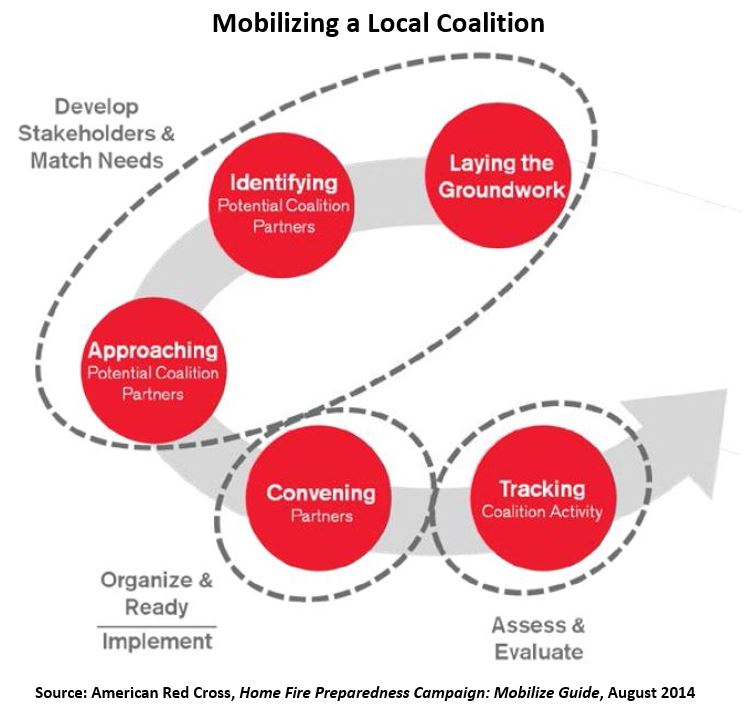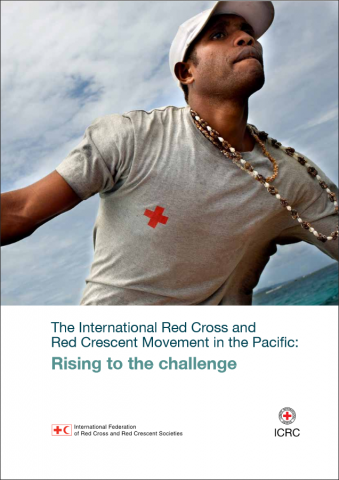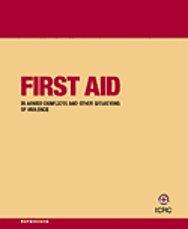Home Fire Preparedness Campaign: Mobilize Guide
This guide contains instructions and tools for mobilizing the community to engage with and carry out local American Red Cross Home Fire Preparedness Campaign activities. Specifically, this guide focuses on how to develop a coalition of partners by aligning with current local home fire preparedness initiatives, leveraging existing relationships and building new ones. It also […]
Home Fire Preparedness Campaign: Mobilize Guide Read More »



